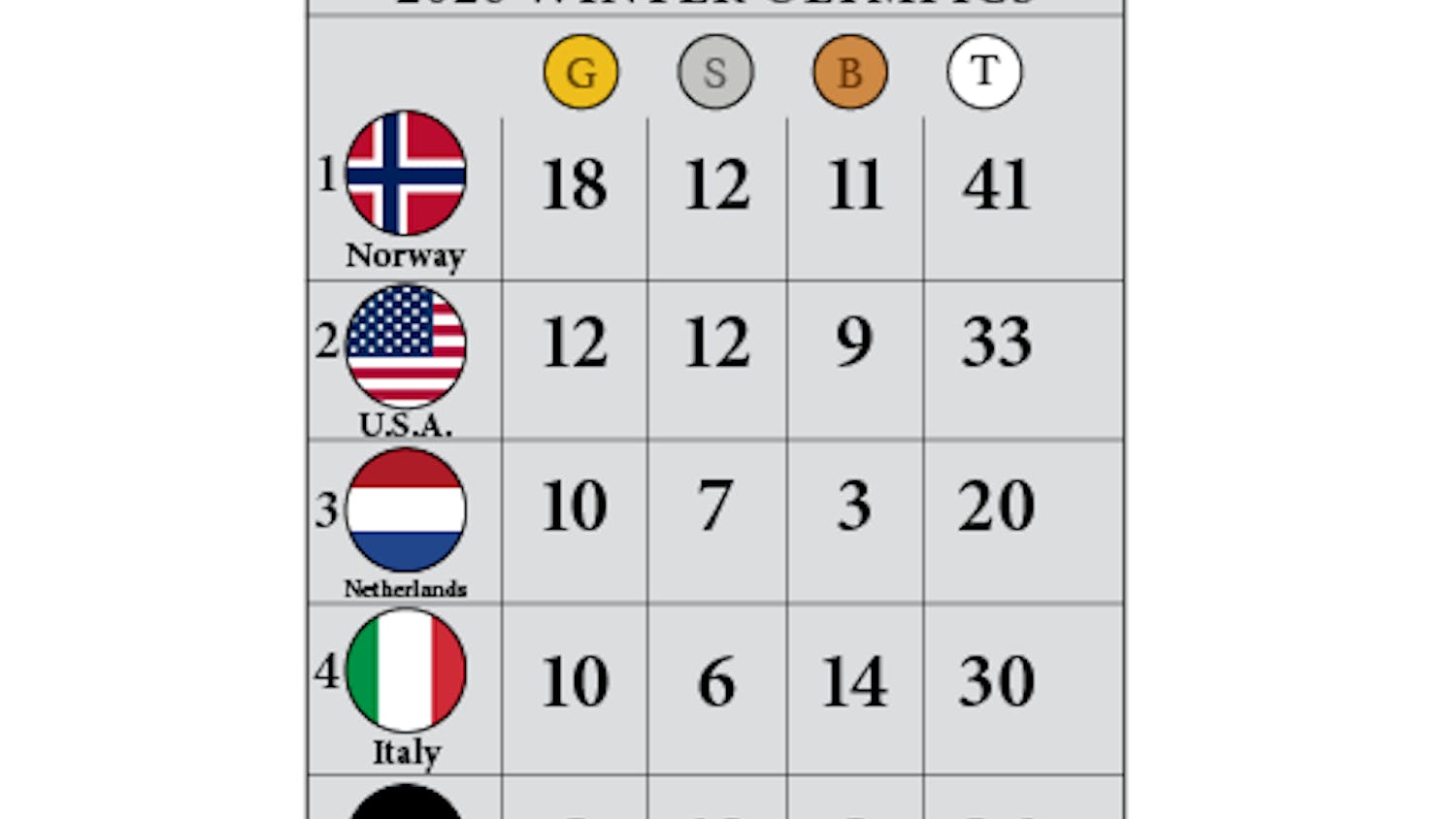By Brad Seeman | Faculty Contributor
In chapel last week, Professor Soong-Chan Rah rightly drew our attention to lament as a practice the Church should reclaim. Lament fits us as a people who recognize the gap between what God created us for and what we actually do. We see the need for repentance and the continual need for reform - personally and with regard to structures of injustice - and we lament our participation in practices contrary to who we know God to be and the redemption we claim He works in our lives.
We also lament the profound pain and brokenness we live in here and now. Things are not as they should be, and together with all creation we know what it is to groan in longing for the arrival of full shalom (Romans 8:18-24, Revelation 21:1-7). Rah's criticism of a "happy, clappy" Christianity rings true. Growing up I would sing words of hymns that would claim that "now I am happy all the day." But of course that's not how things are. Again, we live in the gap between what should be and what is - sometimes it feels more like a chasm (read Nicholas Wolterstorff's book, "Lament for a Son").
We need lament because we experience and perpetuate things that should not be: the lamentable. Scripture locates the heart of the lamentable in the many forms of idolatry to which we are prone. If I were to exchange my wife, Kiersten, for another woman, that would be a lamentable shredding of a beautiful relationship. But that exchange would only be an echo of the many choices by which we have "exchanged the glory of the immortal God for idols" (Romans 1:23; see also Jeremiah 2:11, Hosea 4:7, Psalm 106:20). Above all, let us lament our exchange of God's glory for idols.
Idolatry ramifies endlessly in our lives, branching out into each facet of who we are and making our lives a hideous parody of what God intended. In chapel, Rah put his finger on some of that ugliness and spurred us toward lament. Our personal involvement in injustice calls for lament (and repentance!), as do the social structures that function to safeguard undue privileges and perpetuate injustice. Few, if any, of us have our lives completely right in these matters, and the Lord wants to make us uncomfortable at precisely those points - uncomfortable enough to change and seek what is beautiful and right.
In the evening lament, Rah probably led us to lament equally important areas of idolatry in our lives and our culture (I had class, so I don't know), but we need the "both/and" of Scripture's critiques of our many idols - especially in a time when some aspects of that critique will garner approval from powerful parts of our society and others will not. The same Jeremiah who thunders away at unjust social practices in Jeremiah 7 doesn't stop there: "Will you steal and murder, commit adultery and perjury, burn incense to Baal and follow other gods you have not known, and then come before me in this house, which bears my Name, and say 'We are safe' - safe to do all these detestable things?" (7:9-10).
God cares no less about Jimmy Kimmel cracking jokes the other night about the 80,000,000 daily visitors to Porn Hub than He does about racial injustice. Both are hideous, lamentable distortions of God's intentions for His image-bearers. When we prominently mark Earth Day, we rightly highlight our lamentable failures to rightly steward what God created. At the same time, the ongoing grind of abortion and an ethic of sexuality and marriage that devalues children calls for lament, even though few in the wider culture will join us in that. Let us lament all these idolatrous distortions and our personal ways of participating in them, grieving over our own lethargy and lack of genuine striving toward all of the beauty God intends.
I heartily affirm Rah's call to lament and repentance; it's important that we continue to hear and heed such calls. At the same time, I recall how easy it was for me in college to slide from prophetic lament to the cynical. The difference between them is of first importance, and we need to take care not to cross from the one into the other. Jeremiah himself captures the difference: "Because of the Lord's great love we are not consumed, for his compassions never fail. They are new every morning; great is your faithfulness. I say to myself, 'The Lord is my portion; therefore I will wait for him'" (Lamentations 3:22-24). The Lord is indeed our portion, and those who genuinely lament look toward the hope we have in the Lord Jesus Christ. He will establish all that is genuinely just and loving. And by faith in Christ we have hope that where our strivings toward all that is right fall lamentably short, He will forgive and heal us in our frailty.





